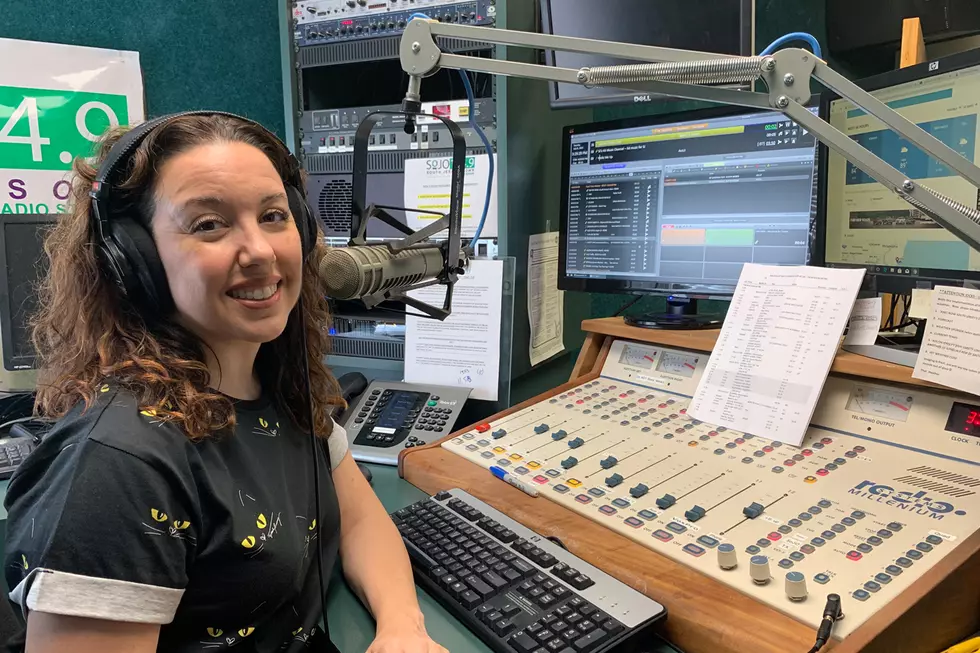
Why Heather DeLuca Wants to Discuss Minority Mental Health and Suicide
I’ve been affected by suicide since I was in my late teens, when a fellow student and member of my college radio station took his own life after his girlfriend broke up with him. Most recently, my first cousin, one of the closest members of my family, died by suicide at the age of 50 while struggling with financial issues.
I, myself, am no stranger to feelings of hopelessness and worthlessness and past urges to self-harm. It's important for everyone to educate themselves on warning signs and risk factors for suicide and how to talk with someone who might be at risk.
It's also important to think about cultural stigmas associated with mental health, especially among minorities populations. July is Minority Mental Health Month.
"Just as with physical health, disparities exist for minority populations for mental health as well," according to the American Foundation for Suicide Prevention. "Such disparities can create greater risk for suffering and mental health problems, and can make access to mental health care more difficult."
They have a whole section of their website dedicated to video interviews, event information and resources —including colorful graphics like this one that are perfect for social media:
The American Foundation for Suicide Prevention also has tips for talking with someone who might be struggling with mental health, including videos and important questions to ask. Read more here.
It's very important to me to use the platform I have to help people realize they are not alone in their mental health challenges, whether it be navigating a personal struggle or learning how to recognize the signs that a friend or loved one might be at risk. Together, we can fight the stigmas the prevent people from receiving the mental health care they need.

